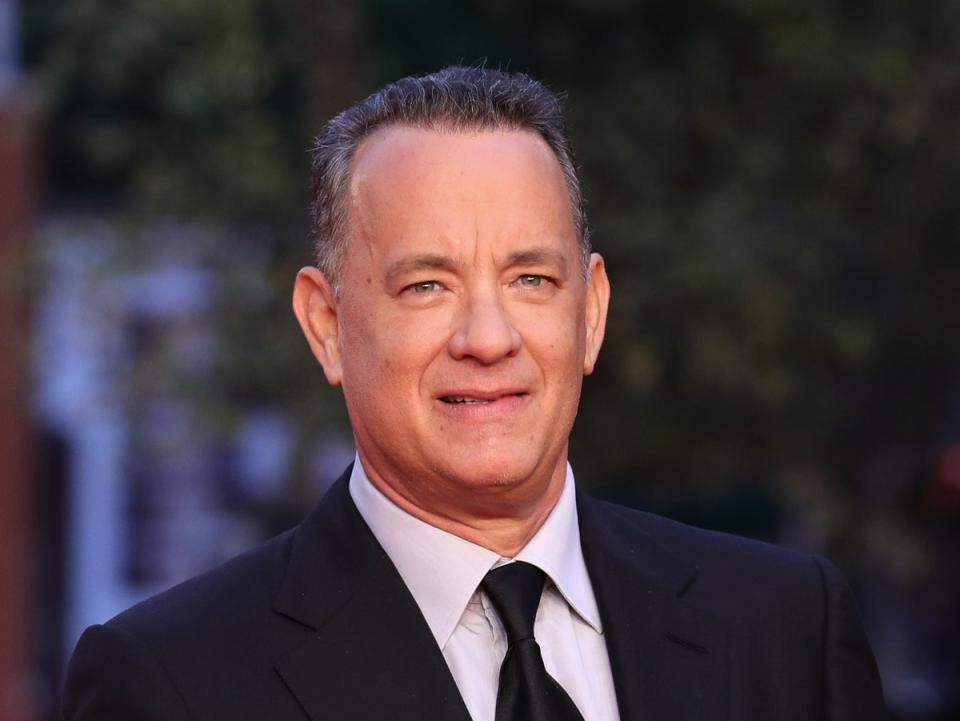Tom Hanks argues Forrest Gump was right to beat Pulp Fiction at 1995 Oscars
- Oops!Something went wrong.Please try again later.
- Oops!Something went wrong.Please try again later.
- Oops!Something went wrong.Please try again later.
Tom Hanks has defended Forrest Gump’s Oscars Best Picture victory from criticism.
In 1995, the Robert Zemeckis film, which Hanks produced and starred in, was named as the best film of the previous year at the awards ceremony.
However, over the years, it’s endured as an undeserving winner, not least because of a film it beat.
The Best Picture nominees that year included Four Weddings and as Funeral, The Shawshank Redemption and Quiz Show – but it was the final film that many believe should have won the award: Quentin Tarantino’s Pulp Fiction.
In a recent interview withThe New York Times, Hanks said: “The problem with Forrest Gump is it made a billion dollars. If we’d just made a successful movie, Bob and I would have been geniuses. But because we made a wildly successful movie, we were diabolical geniuses.
He continued: “Is it a bad problem to have? No, but there’s books of the greatest movies of all time, and Forrest Gump doesn’t appear because, oh, it’s this sappy nostalgia fest. Every year there’s an article that goes, “The Movie That Should Have Won Best Picture” and it’s always Pulp Fiction.”
He went on to describe Pulp Fiction as “a masterpiece without a doubt”, but defended Forrest Gump’s honour by highlighting its famous “magic legs” scene.
“Look, I don’t know, but there is a moment of undeniable heartbreaking humanity in Forrest Gump when Gary Sinise – he’s playing Lieutenant Dan – and his Asian wife walk up to our house on the day that Forrest and Jenny get married.”

Hanks calld the scene “intangible s***”, saying that it helps the viewer “understand all they had been through and feel gratitude for every ounce of pain and tragedy that they survived.”
“It is not just running along to Duane Eddy’s ‘Rebel Rouser’,” he added, in reference to the scenes of Hanks’s lead character, which led to the famous quote: “Run, Forrest, run.”
There has long been a history of films winning Oscars when they shouldn’t have – find a full list here.
Hanks will next be seen alongside Austin Butler in Baz Luhrmann’s Elvis, which is released on 24 June.
